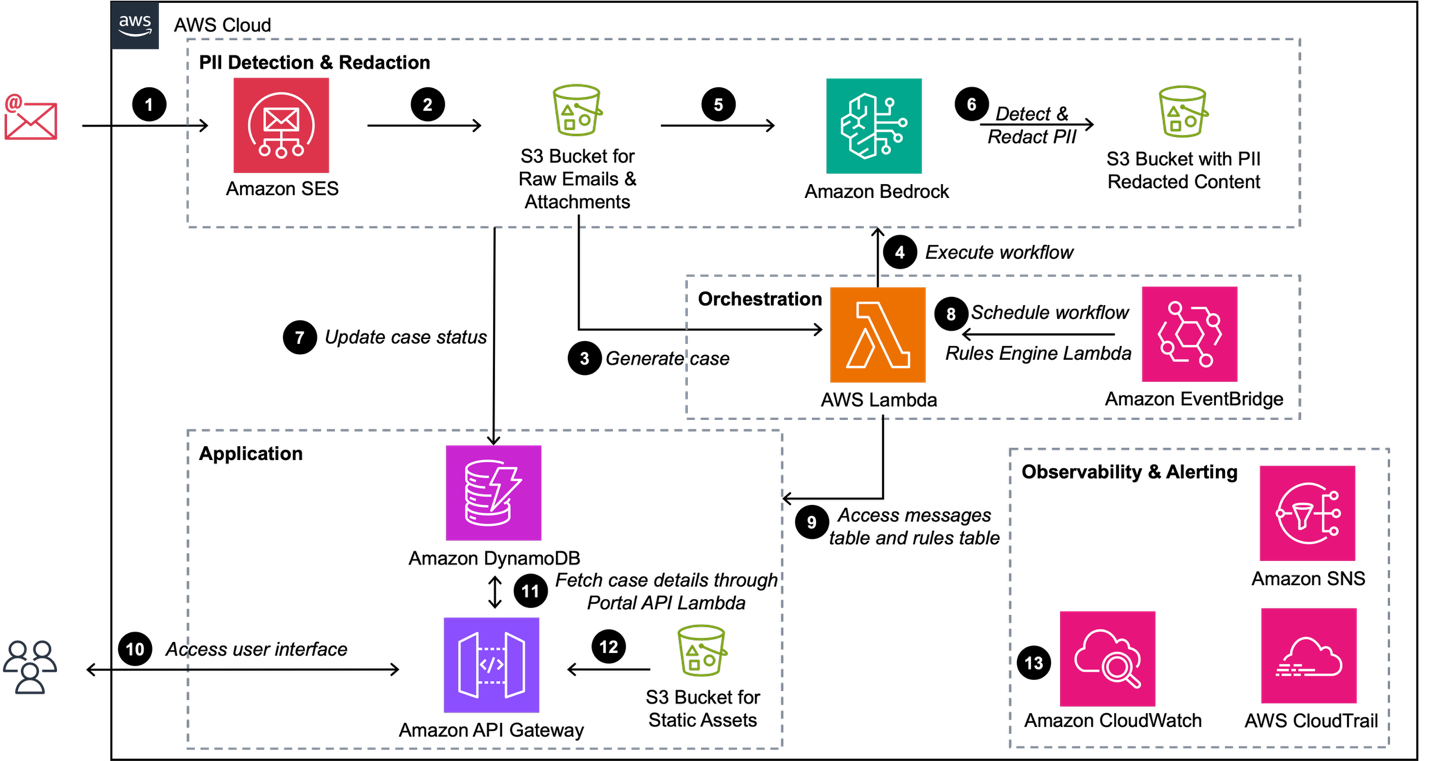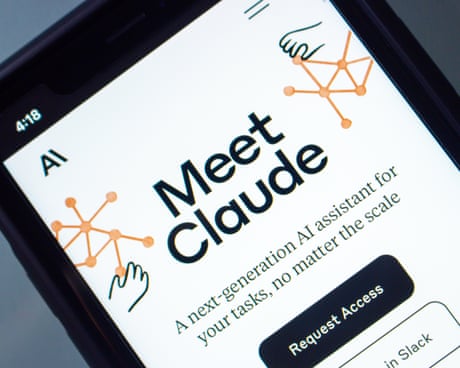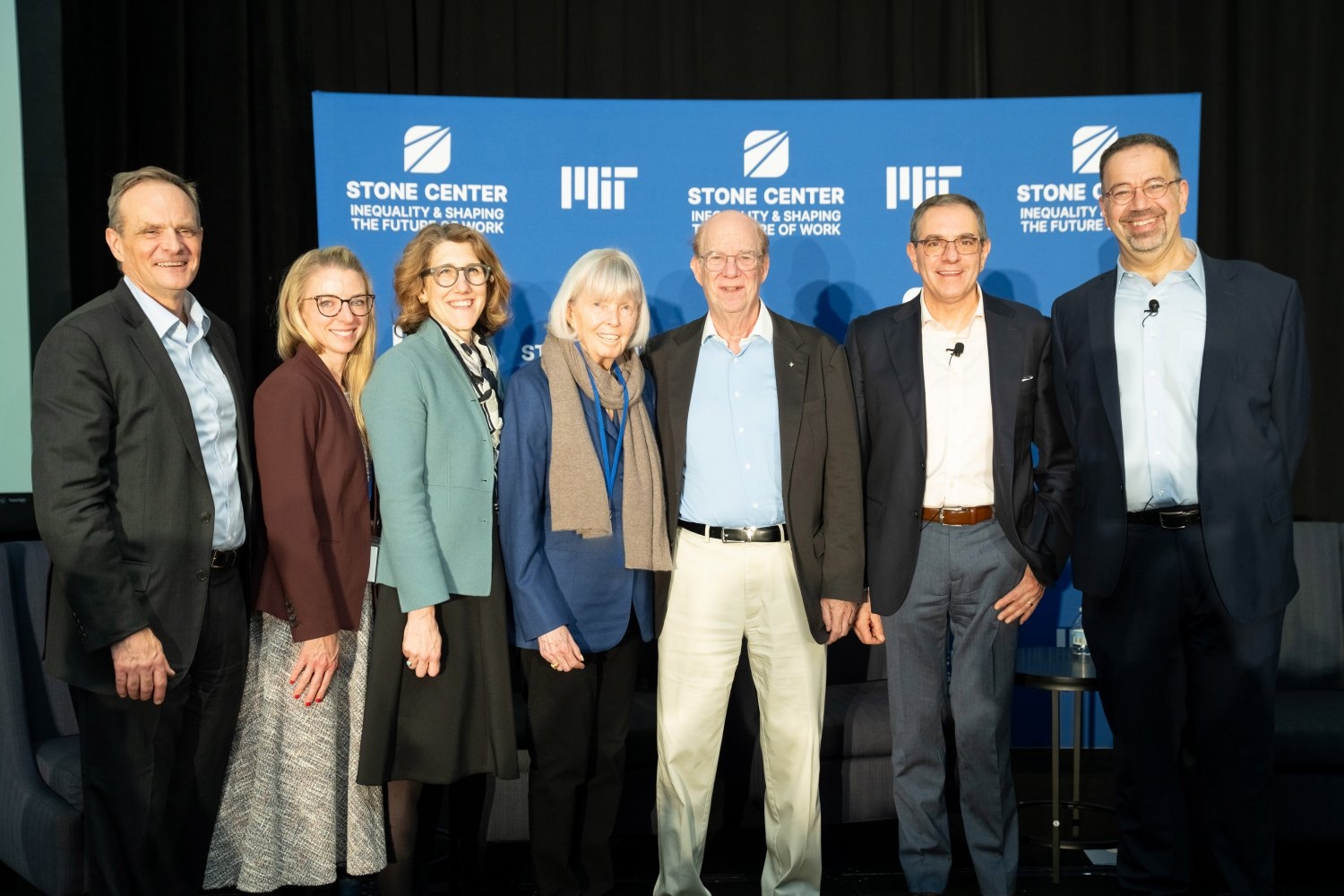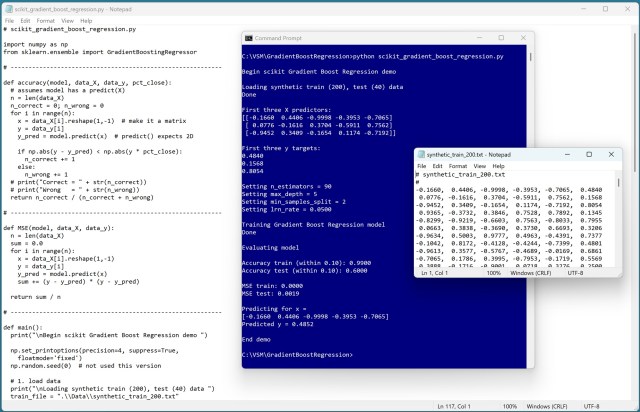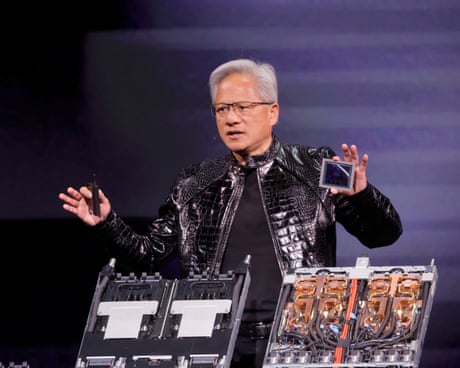Automated PII detection and redaction solution by Amazon Bedrock ensures consistent protection of sensitive data in emails and attachments. The system offers secure data management workflows and a user-friendly interface for efficient communication management.
Images of partially nude women created by Grok AI on social media platform X spark debate on AI regulation. Uncertainty in the UK regarding legality and need for additional measures to address the issue.
AI has revolutionized retail and CPG operations, boosting customer personalization and demand forecasting. NVIDIA's survey shows 91% of companies actively using or assessing AI, with 89% reporting revenue increase.
Former OpenAI staff-founded startup, Anthropic, aims to double revenue and raise $10bn, valuing Claude chatbot maker at $350bn. GIC and Coatue Management to lead financing in potential game-changing deal.
Silicon Valley's embrace of anthropomorphised tech boosts stocks, but raises ethical concerns. Anthropic's AI model avoids 'distressing' conversations, sparking debate on granting legal rights to future AI beings.
The James M. and Cathleen D. Stone Center on Inequality and Shaping the Future of Work launched at MIT, focusing on wealth inequality and pro-worker AI. Experts discuss how private business, public policy, and liberalism impact economic opportunity and democracy.
eSafety Australia investigates X's AI chatbot Grok for generating sexualized deepfake images without consent, sparking global backlash. Elon Musk's X faces scrutiny over Grok creating unauthorized images of women and girls in response to requests to undress them.
Elon Musk's AI company raises $20bn in funding round, while its chatbot Grok faces criticism for generating sexualized images of women and girls. xAI's Series E funding round surpasses $15bn target with investments from Nvidia, Fidelity, Qatar's sovereign wealth fund, and Valor Equity Partners.
X's AI chatbot Grok has been used to undress women and minors, sparking concerns about exploitation online. Tech companies are grappling with how to prevent harm while enabling users to create with generative AI.
Liz Kendall urges X to address deepfake issue swiftly, criticizes slow government response. Grok AI's creation of intimate deepfakes prompts UK regulator Ofcom to consider enforcement action.
Regression techniques such as decision tree regression and gradient boosting are used to predict numeric values, with the latter creating a collection of decision trees to predict residuals. Despite high accuracy in training data, overfitting remains a key weakness, as demonstrated in a scikit AdaBoost regression demo program.
Elon Musk's AI chatbot Grok used for digital exploitation, US bans foreign drones. BYD surpasses Tesla in electric car sales, Reddit surpasses TikTok in UK.
Nvidia's CEO announces next-gen chips in 'full production', offering 5x AI computing power for chatbots. New chips to arrive later this year, already being tested by AI firms, amidst rising competition.
AI-generated fake images flood social media after Trump announces US attack on Venezuela. Difficulty discerning fact from fiction due to lack of verified info and advanced AI tools.
MIT researchers found AI models trained on de-identified health records can memorize patient-specific data, posing privacy risks. Rigorous testing is recommended to prevent leakage and ensure patient confidentiality in healthcare.

